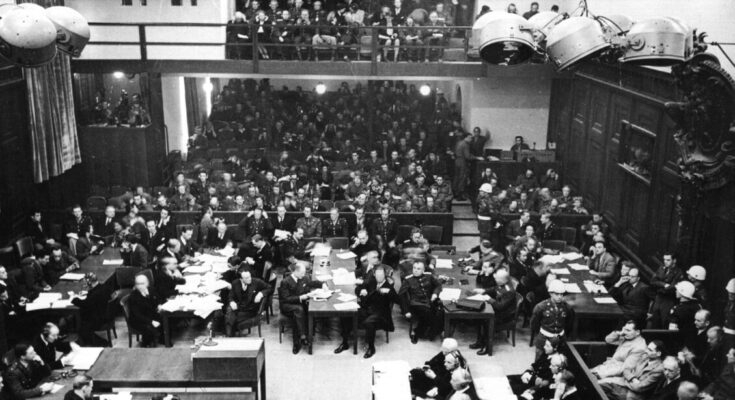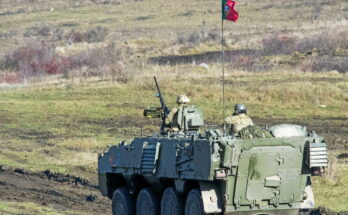Eighty years after the Nuremberg trials, which began on November 20, 1945, the main leaders of Nazi Germany, including Herman Goering and Martin Bormann, were accused of crimes against peace, war crimes, and crimes against humanity in a process considered a milestone in international law. For the first time in history, individuals will have to answer in court for actions committed in the name of the state.
Nuremberg will launch a series of initiatives to commemorate those days. The famous Saal 600 where the trial took place will be open to the public and will host various debates. The choice of the city in Bavaria was no coincidence, considering that the city was once the place where the National Socialist Party held its rallies and congresses. Germany was occupied by four armies and practically ceased to exist. The trials, in addition to the main trials of the Nazi leaders, and several other secondary trials, also made clear the deep ties between the population and the National Socialist regime.
Among the journalists sent to the trial was also the young Willy Brandt, commissioned by the Norwegian press, who had returned to his homeland after being forced to leave when Hitler took power. In 1969 he became federal chancellor.
The principles expressed by the Nuremberg trials “are now part of our daily life. The ideas of crimes against humanity, war crimes, genocide, crimes of aggression, all the concepts created here, were established through the trials” is what Gurgen Petrossian of the Internationale Akademie Nuernberger Prinzipien (Ianp) stated in a press conference with the foreign press to present the eightieth anniversary of the Nuremberg trials.
Nina Lutz, director of Memoriums Nuernberger Prozesse, underlined that around 160,000 people visit the exhibition and center every year. “We therefore want to bring our visitors closer to the complexities of international criminal law and explain to them where this can be applied.
“Perhaps we, as a society or even as individuals, can claim it more,” said Lutz. Therefore, future projects actually “expand” our view from Nuremberg, analyzing what the results of this process were and what can still be achieved.
Lutz also recalled how the trials after the main trial received less attention, also because “we came to a split between West and East, and with the Cold War even the Allies were no longer interested in endlessly trying the Nazis, but wanted to rehabilitate the old ruling elite, with whom they had to continue working”. He added that the trial “for a long time was defined as justice prevailing. Today, of course, all this is outdated. The importance of Nuremberg has also been recognized as a basis for outlining Nazi crimes.”
Reproduction protected by law © Copyright ANSA



